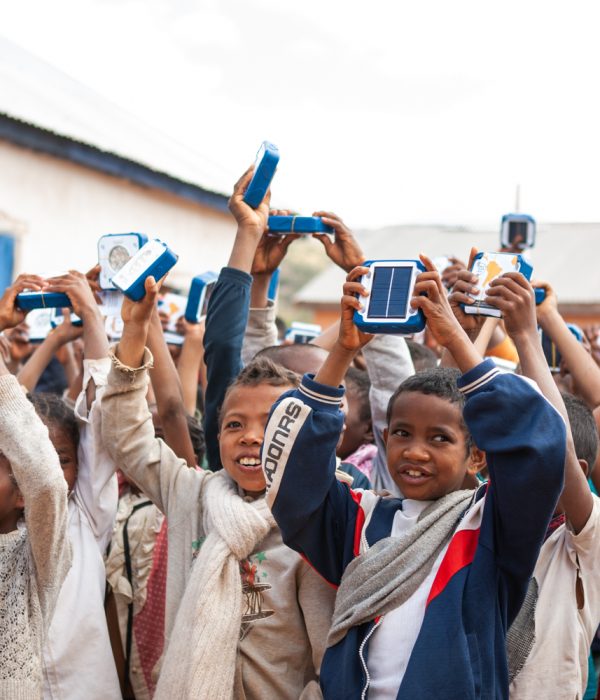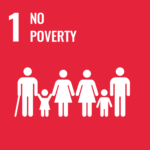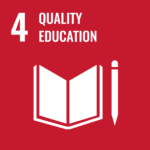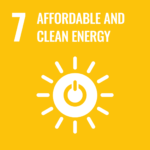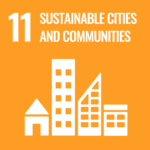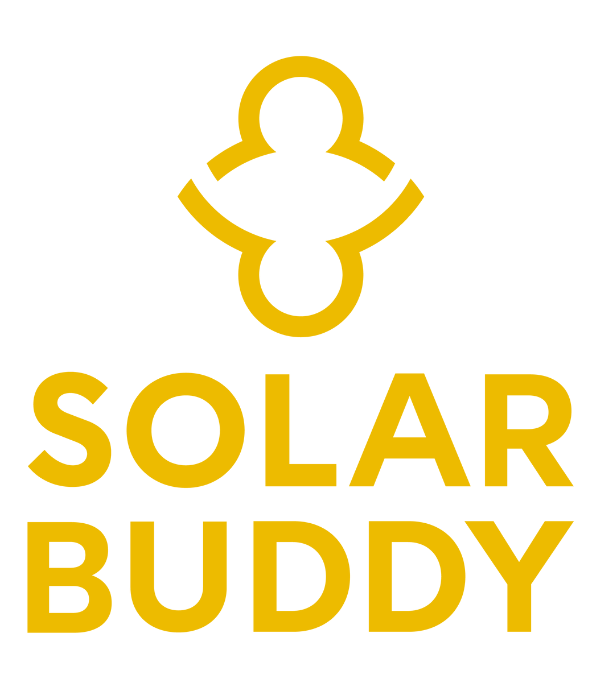Provide Solar Lighting and Power to Children and Teachers in Rural Madagascar
Madagascar does not possess a country-wide electrical grid, with just 1/10 people living with access to electricity.
- 7.9 million Malagasy children live in energy poverty.
- 1/3 children complete primary school and only
- 1/3 of children complete primary education.
- 17% of children will complete primary school with minimum reading competency.
Energy poverty prohibits children from undertaking essential education and placing them at significant risk of severe health implications yet the possibilities solar energy can create are significant, with Madagascar receiving 2,800 hours of sunshine every year.
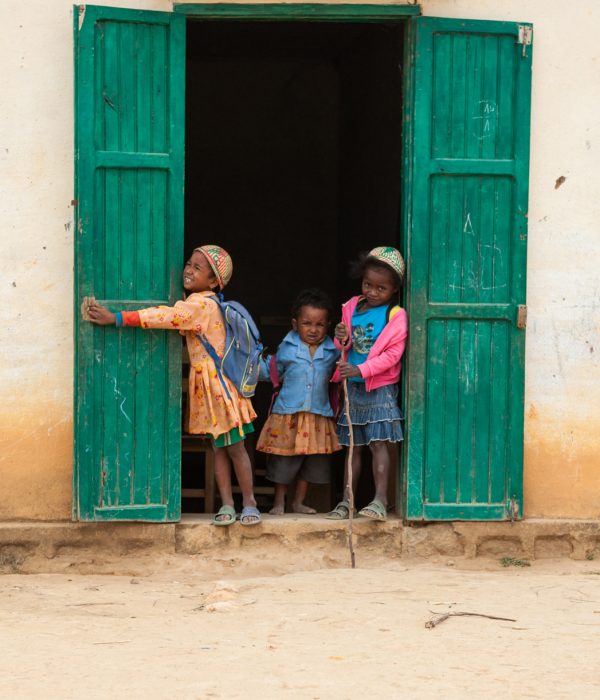
How SolarBuddy’s project addresses this problem:
Enhanced investment in education, health, and social protection is essential to allow a young and rapidly expanding population to seize the opportunities offered by economic growth.
SolarBuddy will deliver two solar solutions through this project; the compact JuniorBuddy that will be distributed to students to keep for themselves, and the more advanced StudentBuddy with charging capabilities, that will be available to students to use in libraries, and loaned to teachers.
We know students of all ages, primary through secondary, are studying up to 78% longer since receiving a SolarBuddy solution. Younger children are read aloud to by their parents, which is essential to cognitive development and literacy skills.
The project will increase both the quality of and access to education. These solutions will allow teachers to engage in vocational training, mark students’ work, create lesson plans and more after dusk, increasing the quality education delivered. Upskilling teachers improves employability, including in the areas of English language teaching.
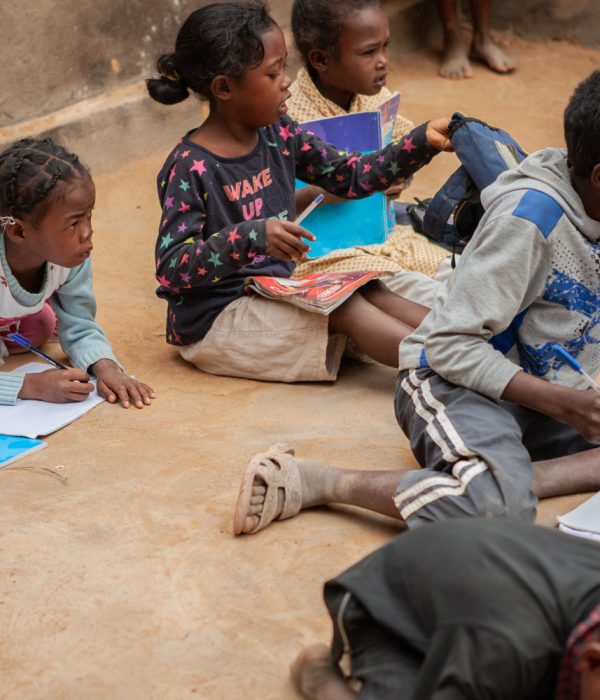
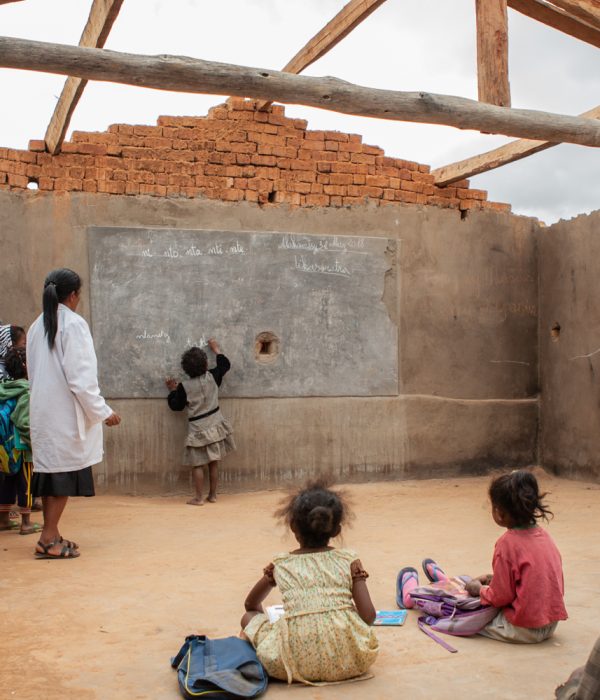
Together with our NGO partner in Madagascar, we will measure both quantitative and qualitative data in the areas below, relating to the environment, equity and inclusion, quality of living and reduction of poverty, particularly fuel/energy poverty:
- Increase in students study hours
- Number of students participating in STEM.
- Increase in health and wellbeing across demographics.
- Increased sense of safety and life satisfaction.
- Increased sense of community connectedness.
- Increased community understanding around energy sources and sustainable usage.
- Amount of money saved on toxic fuel.
- C02 emissions reduced. Increase in student academic outcomes.
- Reduction in crime.
- Number of students enrolled in school.
- Longevity of solar products.
393 JuniorBuddy lights will:
- Poistively impact 1965 lives
- Create 2.9 million full days of light
- Offset 503 C02e tonnes
- Save 393 families 16 weeks-worth of wages each
150 StudentBuddy lights will:
- Positively impact 30,000 lives
- Create 8,212,500 hours of light and charging capabilities.
- Mitigate need to travel long and dangerous distances to charge
- Make higher education more accessible
- Increase STEM knowledge
$40,000 will provide 393 students with their own personal JuniorBuddy lights for the next ten years, and students and teachers with 150 StudentBuddies enabling them to study and charge devices.
